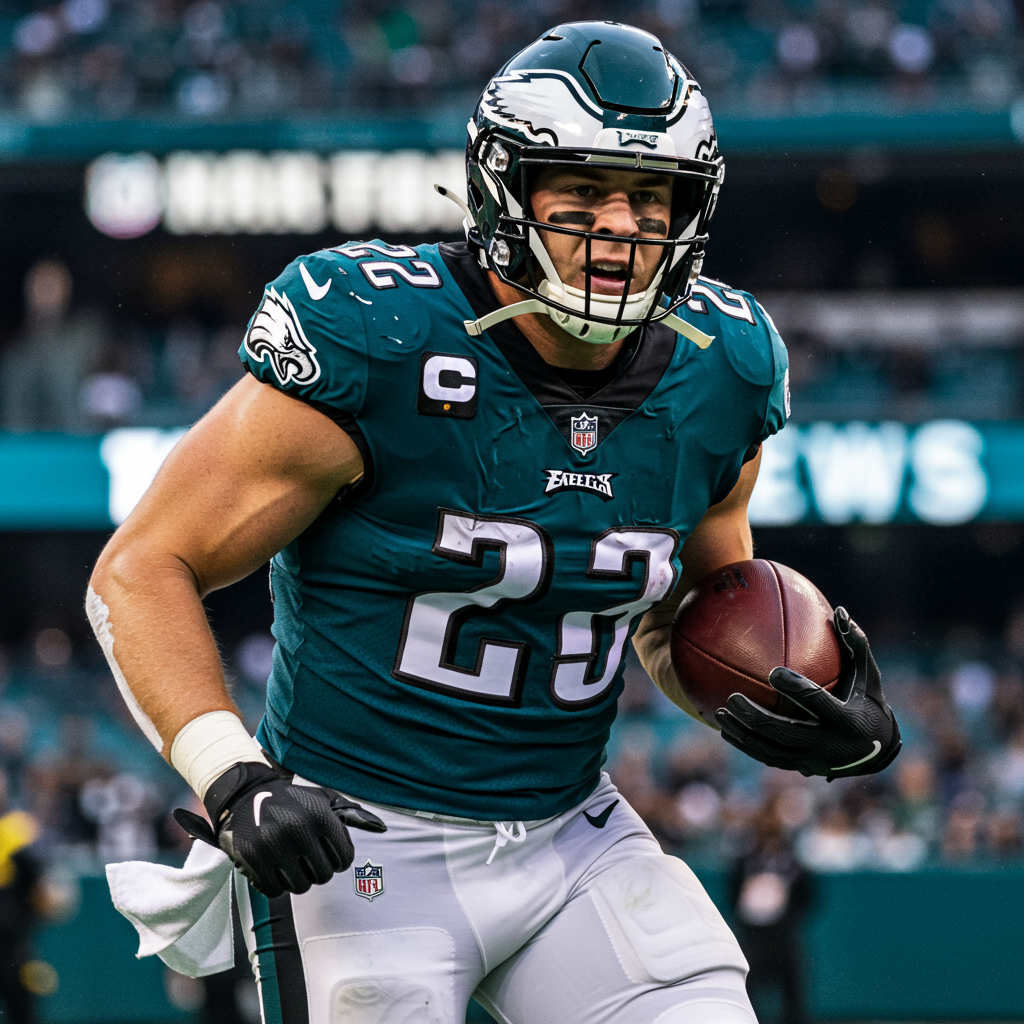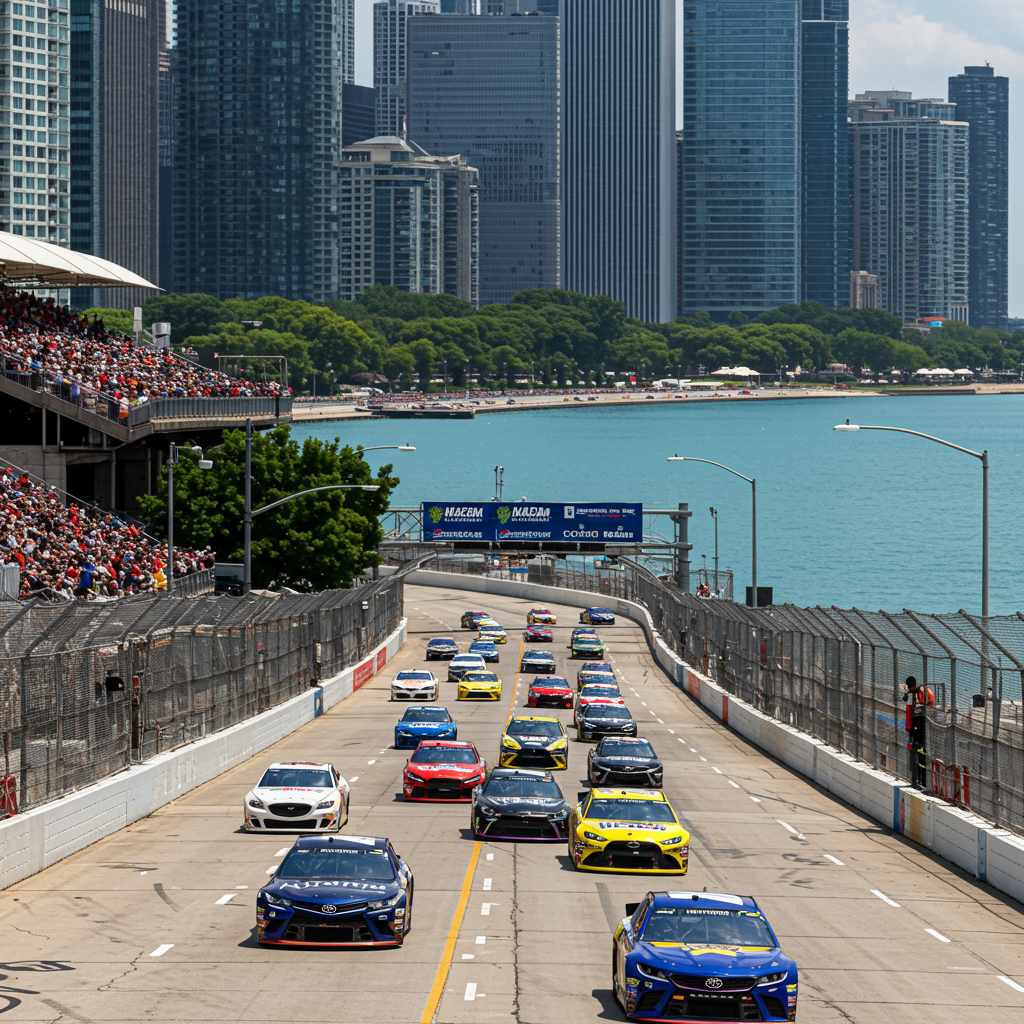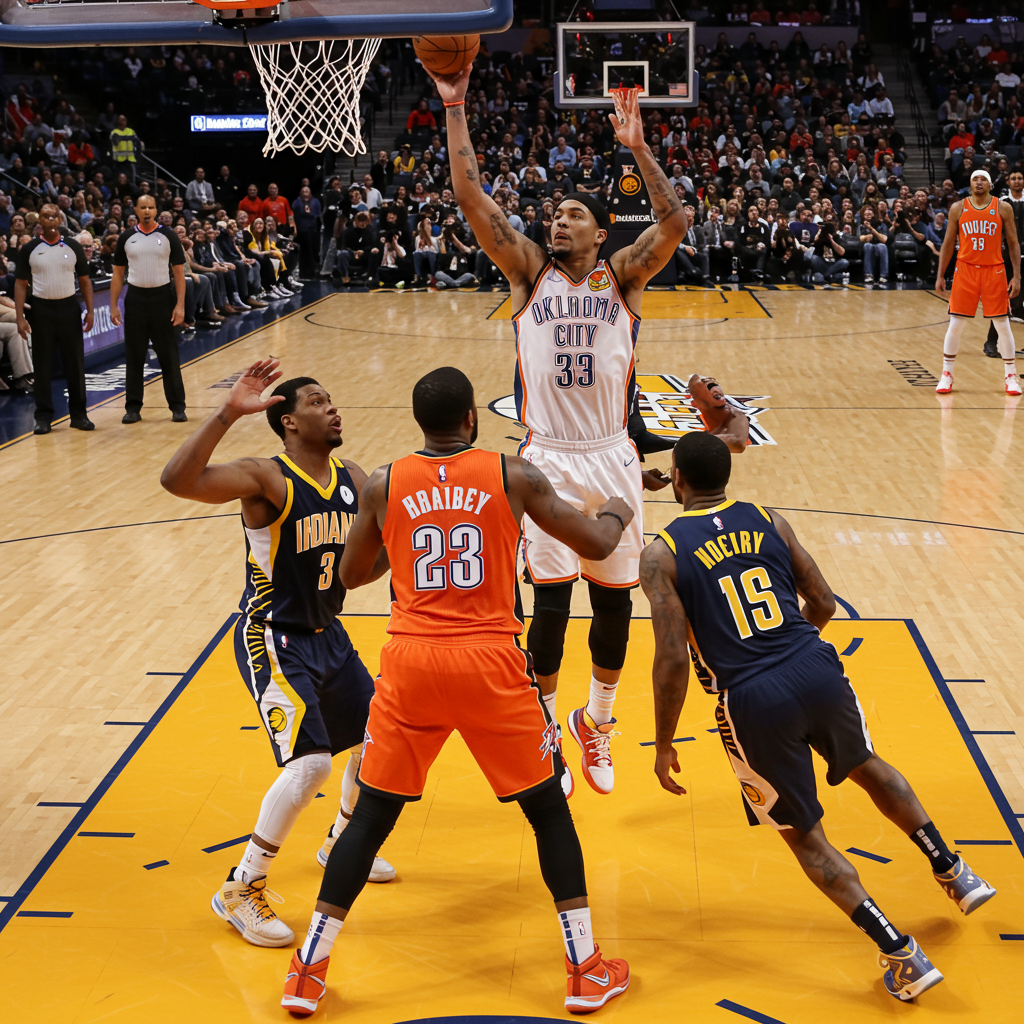Could Pittsburgh Steelers superstar T.J. Watt realistically land with the Philadelphia eagles? A recent hypothetical trade proposal making waves on sports radio has sparked intense debate among NFL fans. While the idea of one of the league’s premier pass rushers joining the Eagles’ already formidable roster is undeniably intriguing, expert analysis suggests this specific scenario remains firmly in the realm of fantasy rather than future reality. This article dives deep into the viral pitch, examines why it was proposed, and breaks down the significant obstacles that make it highly improbable.
The Viral Trade Proposal: Watt to Philadelphia
The speculative trade concept originated with Pittsburgh sports talk host Andrew Fillipponi of 93.7 The Fan. During an appearance on Philadelphia’s 94WIP, Fillipponi tossed out a player-for-player trade idea involving the two Keystone State rivals.
His proposal suggested the Eagles would acquire T.J. Watt. In return, the Steelers would receive young Eagles edge rusher Nolan Smith Jr. plus a late-round draft pick in 2026. This pitch quickly gained traction online, fueled by the sheer magnitude of Watt’s talent and the Eagles’ perceived willingness to make aggressive moves.
Fillipponi offered some rationale from the Steelers’ perspective. He speculated Pittsburgh might consider such a deal if they view Watt as “too expensive” or believe he doesn’t wish to finish his career there. He also pointed to Watt turning 30 years old soon as a potential factor. Getting a younger player like Nolan Smith Jr. could be framed by the Steelers as acquiring a foundational piece for the future, a narrative potentially easier to sell to fans than simply letting Watt walk or trading him for pure draft capital. He even drew parallels to past high-profile player swaps, like the Kiko Alonso-LeSean McCoy deal.
Why This Idea Even Gained Traction
NFL trade speculation is a constant presence in the sports world, especially concerning players as dominant as T.J. Watt. Watt’s current contract situation and potential future demands have been subjects of discussion. While not currently in a formal holdout, his next contract is expected to be massive, likely resetting the market for edge rushers. This financial aspect naturally leads to speculation about which teams could afford him and which might part ways if demands aren’t met.
Furthermore, the Eagles are often linked to potential blockbuster trades. General Manager Howie Roseman has a reputation for aggressive roster building and isn’t afraid to swing big deals. The Eagles also appear to be in a relatively favorable position regarding future salary cap space and draft capital, particularly heading into 2026, following a measured approach in recent free agency periods. This combination of factors — a superstar player with potential contract questions and an active, cap-flexible team — creates fertile ground for hypothetical scenarios like this one. Watt’s fit on the field in Philadelphia is also undeniable; adding him would instantly elevate an already strong defensive front.
However, recognizing why a hypothetical trade is proposed is distinct from understanding its likelihood.
Analyzing the Improbability: Why the Deal Doesn’t Add Up
Despite the initial buzz, the vast majority of analysis, including that from the original article discussing the pitch, concludes this specific trade proposal has virtually “no shot” of happening. The reasons are compelling and multifaceted, rooted in player value, contract economics, and team building philosophy for both franchises involved.
From the Eagles’ perspective, the proposed cost is simply too high for the return, even considering Watt’s elite status. Giving up Nolan Smith Jr., a first-round pick from 2023 who is considered an ascending young player, represents a significant investment in the future. Smith Jr. is only 24 years old and under team control on a cost-effective rookie contract through at least 2027 (assuming his fifth-year option is picked up). Trading that control and potential for an older player, no matter how talented, introduces long-term roster complexities.
The most significant hurdle for Philadelphia is taking on T.J. Watt’s anticipated new contract. While his current deal is manageable in 2025, any trade would undoubtedly require a massive extension, likely commanding around $40 million per season. Absorbing a contract of that magnitude would drastically impact the Eagles’ ability to retain or extend their own crucial young core players who will be due for new deals in the coming years. Think about rising stars like Jalen Carter, Reed Blankenship, and Nakobe Dean. Committing such a huge salary to Watt could jeopardize their ability to keep their own drafted talent long-term. The financial implications alone make the deal highly unlikely to align with the Eagles’ established strategy since the current league year began.
On the Steelers’ side, trading T.J. Watt, a player considered a future Hall of Famer and arguably the most impactful defensive player in the league when healthy, for a young, unproven player and a late pick seems counterintuitive. Watt is still in his prime, even approaching 30. Unless the Steelers were entering a full-scale rebuild (which they aren’t perceived to be), moving Watt for anything less than multiple high draft picks and/or proven, high-value players would be seen as a massive organizational failure and a poor return on investment for a generational talent. The proposed package simply doesn’t reflect Watt’s immense value to Pittsburgh on the field or as a franchise cornerstone.
As acknowledged by Fillipponi himself, the trade is “not all that realistic.” The author of the original article discussing the pitch strongly echoed this sentiment, concluding that the financial and roster pieces presented in this specific scenario “don’t really add up.”
Expert Take: Beyond the Headlines
Trade rumors are a mainstay of sports media, and sometimes, ideas are floated more for their entertainment value than their practical feasibility. A hypothetical T.J. Watt trade fits this mold perfectly. It generates clicks, fills air time, and allows fans to dream (or dread, depending on their team loyalty). However, the reality of NFL transactions involves intricate salary cap management, long-term roster planning, player relationships, and assessing true market value.
Elite players like T.J. Watt are rarely traded unless they force their way out, the team is entering a complete teardown, or the return package is overwhelmingly favorable. None of those conditions currently appear to apply significantly enough to make the proposed Watt-to-Eagles deal viable. The Eagles value their cap flexibility and their pipeline of young, cost-controlled talent. Trading a promising first-rounder and taking on an enormous contract for a player entering the later stages of his prime requires a level of desperation or misalignment that doesn’t seem present in Philadelphia’s current strategy. Similarly, the Steelers know Watt’s value. Swapping him for a player who hasn’t yet reached his potential and a late pick would signal a surprising and likely unpopular shift in philosophy.
Ultimately, while the idea of T.J. Watt in Eagles green makes for exciting conversation, the cold hard facts of NFL business, cap space, and player valuation point to this specific trade pitch remaining just that – a pitch, designed more for stimulating radio discussion than reflecting realistic front office maneuvers.
Frequently Asked Questions
Is T.J. Watt actually being traded to the Philadelphia Eagles?
No, despite the recent buzz, T.J. Watt is currently a member of the Pittsburgh Steelers. The discussion around him potentially joining the Eagles stems from a hypothetical trade proposal made by a sports radio host. This proposal has been widely analyzed and is generally considered unrealistic by league analysts due to significant roster and financial hurdles for both teams involved.
What were the specific players and picks in the proposed trade?
The specific hypothetical trade pitch suggested by Pittsburgh sports radio host Andrew Fillipponi involved the Philadelphia Eagles receiving T.J. Watt. In exchange, the Pittsburgh Steelers would receive young Eagles edge rusher Nolan Smith Jr., who was a 2023 first-round pick, plus a late-round draft selection in the 2026 NFL Draft.
Why is a T.J. Watt to Eagles trade considered unlikely?
Analysts consider this proposed trade highly improbable for several key reasons. For the Eagles, it would mean giving up a young, cost-controlled, ascending player in Nolan Smith Jr. and taking on T.J. Watt’s anticipated massive contract extension (potentially $40M+ per year), which would severely impact their future salary cap flexibility to retain other young core players. From the Steelers’ perspective, trading a future Hall of Famer still in his prime for a younger, less proven player and a late pick represents poor value and doesn’t align with keeping a competitive window open.
Conclusion
The notion of T.J. Watt joining the Philadelphia Eagles is undoubtedly captivating for NFL fans. The proposed trade, originating from sports radio, offered a specific pathway involving Nolan Smith Jr. and a draft pick. However, upon closer examination, the deal faces overwhelming obstacles related to player value, salary cap implications, and long-term team building philosophies for both the Steelers and the Eagles. While it served its purpose as engaging sports talk fodder, the consensus among those analyzing the scenario is clear: this particular trade pitch, while exciting to contemplate, is highly unlikely to materialize into an actual transaction.



